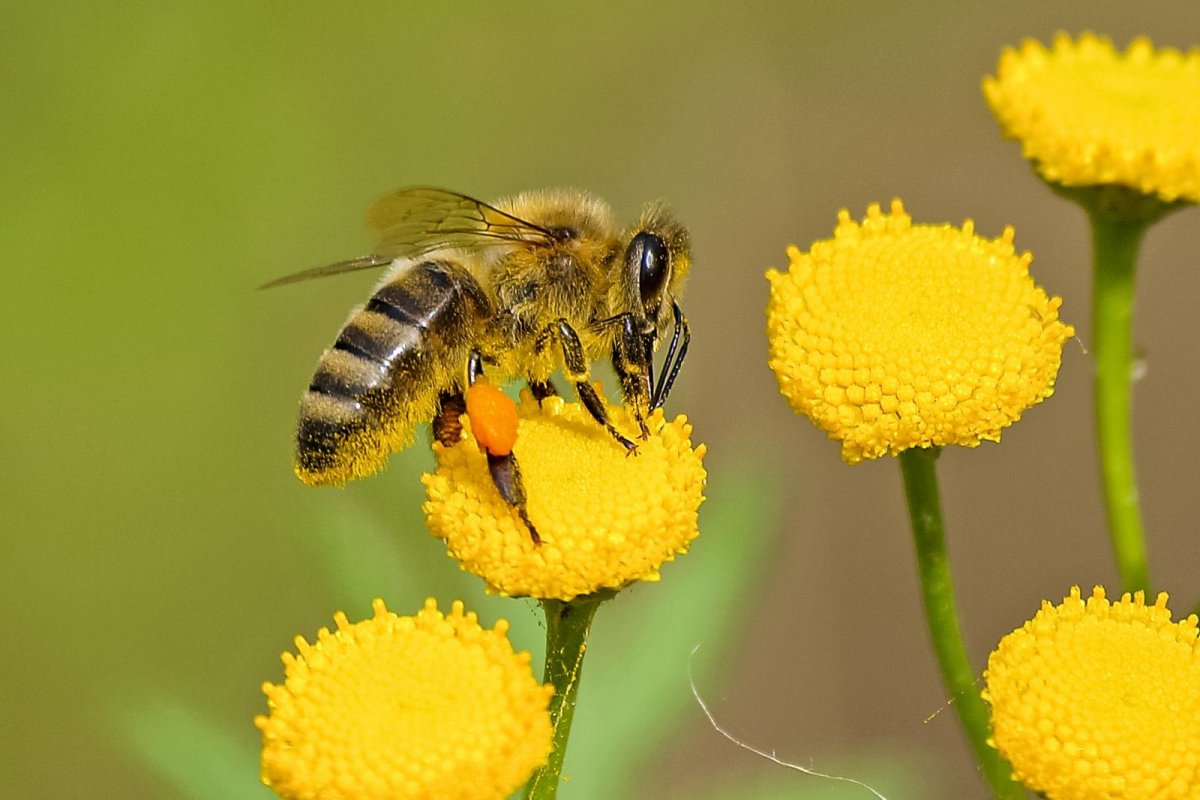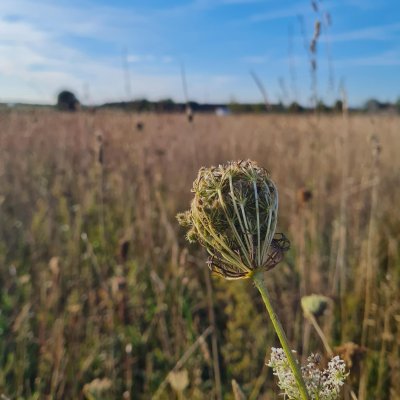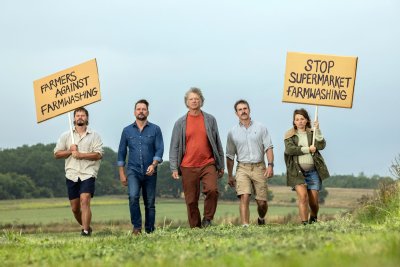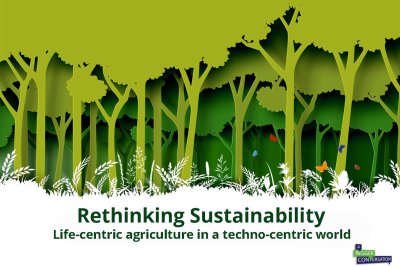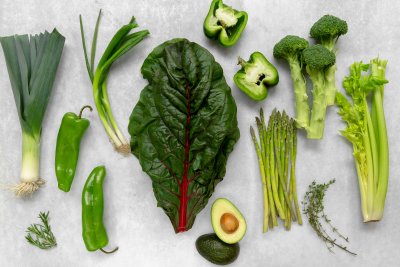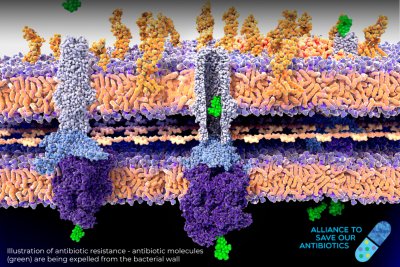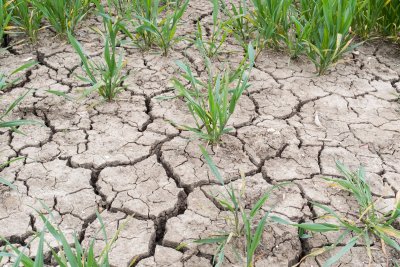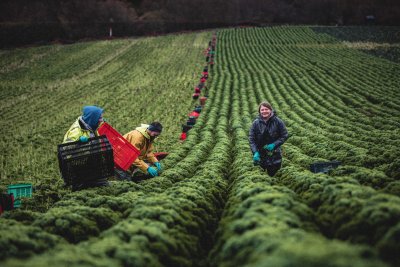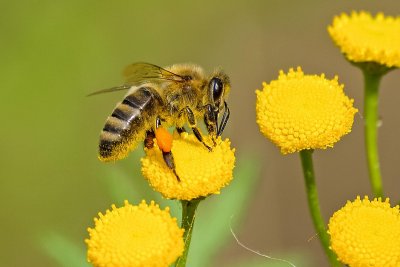 Bee. Credit: Pexels
Bee. Credit: Pexels
New RSPB report ‘Without Nature There Is No Food’ makes the case for eco food labelling
In its Without Nature There Is No Food report, the RSPB examines the vital relationship between biodiversity and food security, presenting the 'Fair to Nature' label on food products as a mutually beneficial solution for farmers, consumers and wildlife.
Sustain alliance member, RSPB, has released a report aimed at providing the business and consumer case for nature-friendly farming and the corresponding labelling for food products under the Fair to Nature scheme.
The Without Nature There Is No Food report asserts that the economic cost of not conserving biodiversity could be devastating. It estimates that UK pollinators are worth £603 million a year, dung beetles are worth £350 million a year and peatlands are worth £885 million a year to farmers. While the World Bank has said that collapse of ecosystems could cost the world economy $2.7 trillion annually.
Agriculture covers 70% of the UK, therefore, there is a huge opportunity within farming to increase biodiversity through nature-friendly farming. RSPB posits that certification informs and enables consumers to support farmers to make the transition to nature-friendly farming.
Furthermore, RSPB research suggests the public are eager to make more environmentally conscious choices, with 67% of the UK public being concerned with the decline in the variety of UK wildlife and 60% saying eco labels would influence their choices. Recent research from Eating Better found that three-quarters of the UK public would like to do more to support farmers that have higher environmental standards. The Fair to Nature label is positioned to fulfil this consumer information gap and signpost to more sustainable consumer choices.
The Fair to Nature certification is the only UK farmland certification protecting farmland biodiversity and asks farmers to ensure 10% of land includes high-quality habitats. The benefits of this approach are documented in the report by figures from the RSPB Fair to Nature-certified Hope Farm, which found a 226% increase in breeding birds, 213% increase in farmland butterflies and 19 times more bees than on typical farms.
Lesley Prior, an RSPB Fair to Nature-certified farmer, said:
‘Fair to Nature… stands head and shoulders above all others by having a whole farm assessment done by a trained ecologist who understands what should be present in your area.’
Will White, Sustain’s Sustainable Farming Coordinator, has said:
'The Fair to Nature scheme represents a credible way to align agricultural practices with environmental stewardship. It's essential that farmers are adequately compensated for their commitment to biodiversity and sustainable practices. The Fair to Nature label helps empower consumers to support nature-friendly farming, enabling farmers to receive fairer prices for their environmentally conscious efforts.'
You can read Without Nature There is No Food in full here
Sustainable Farming Campaign: Sustain encourages integration of sustainable food and farming into local, regional and national government policies.
Sustain
The Green House
244-254 Cambridge Heath Road
London E2 9DA
020 3559 6777
sustain@sustainweb.org
Sustain advocates food and agriculture policies and practices that enhance the health and welfare of people and animals, improve the working and living environment, promote equity and enrich society and culture.
© Sustain 2024
Registered charity (no. 1018643)
Data privacy & cookies
Icons by Icons8
